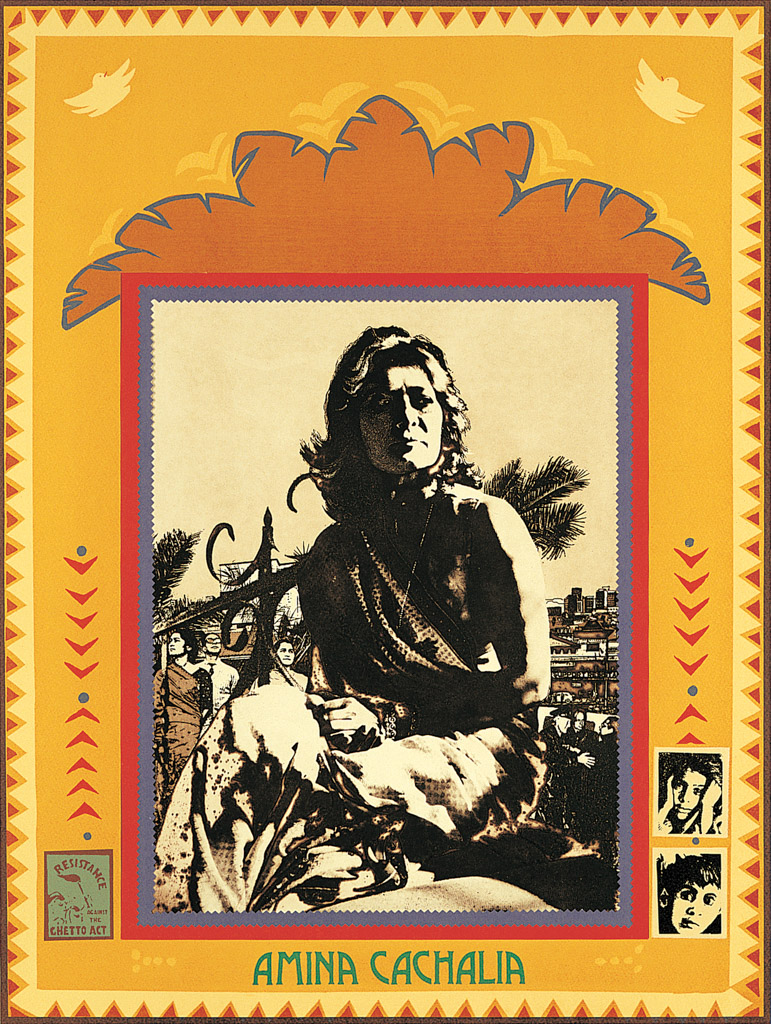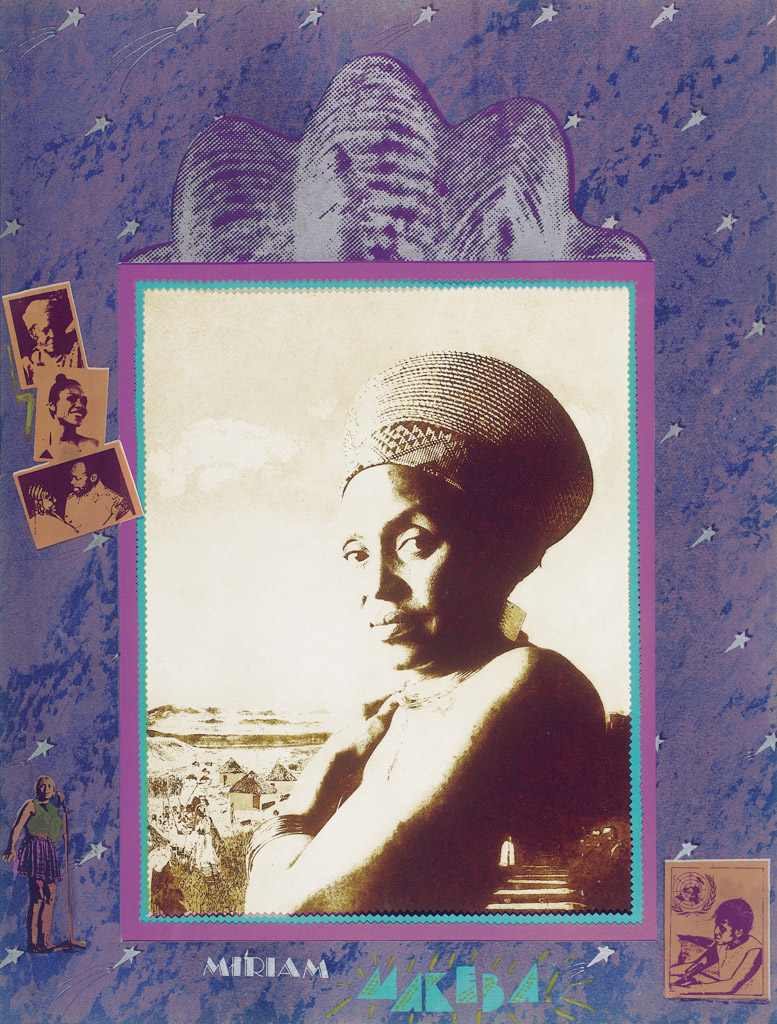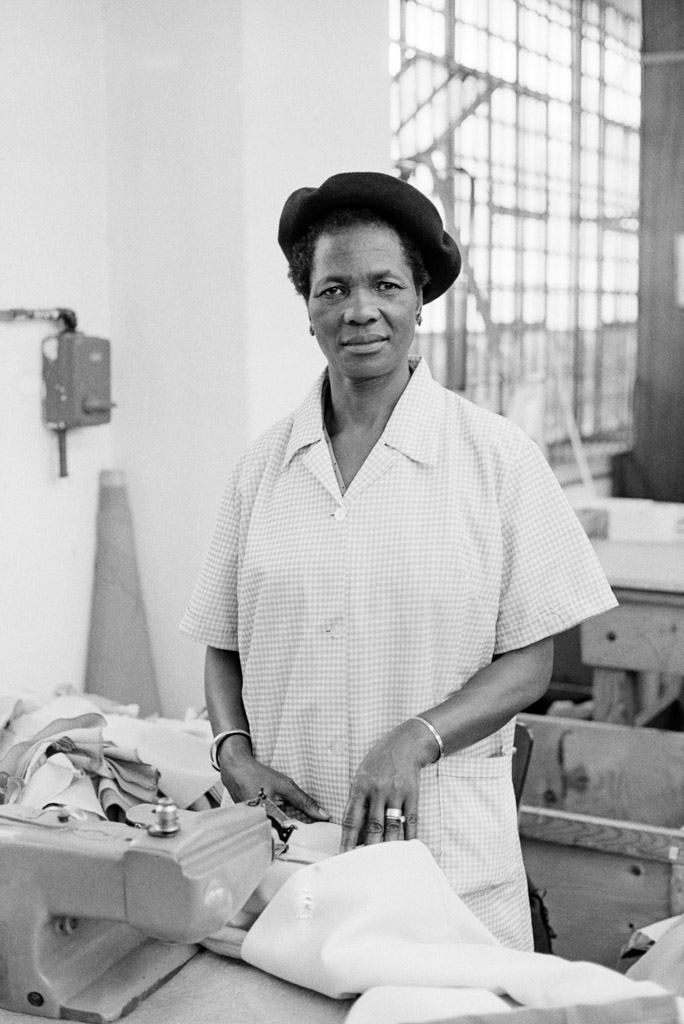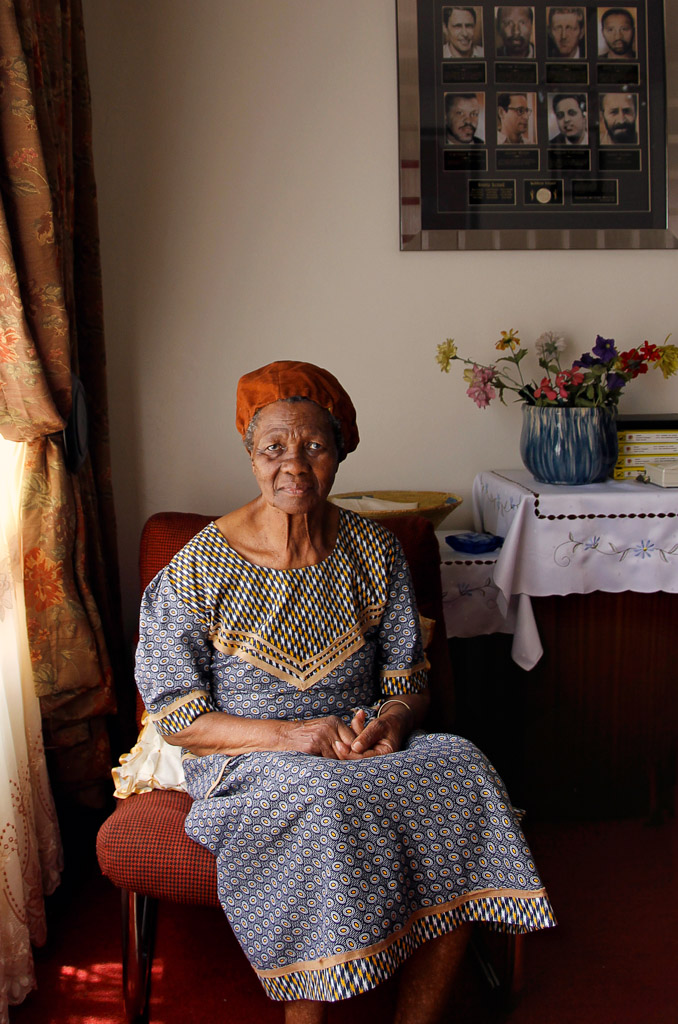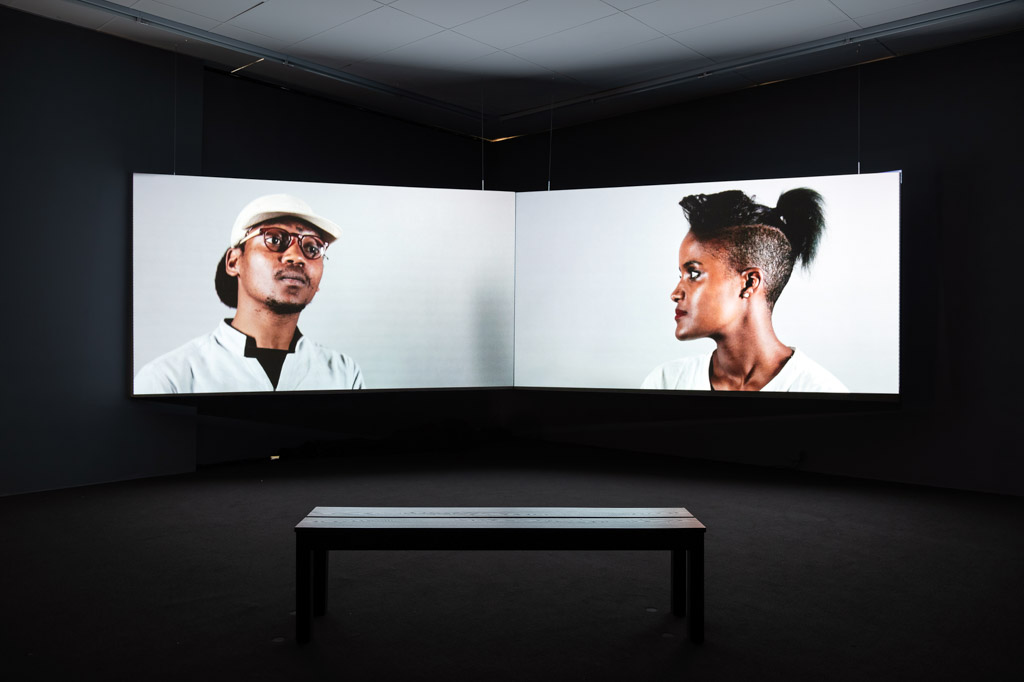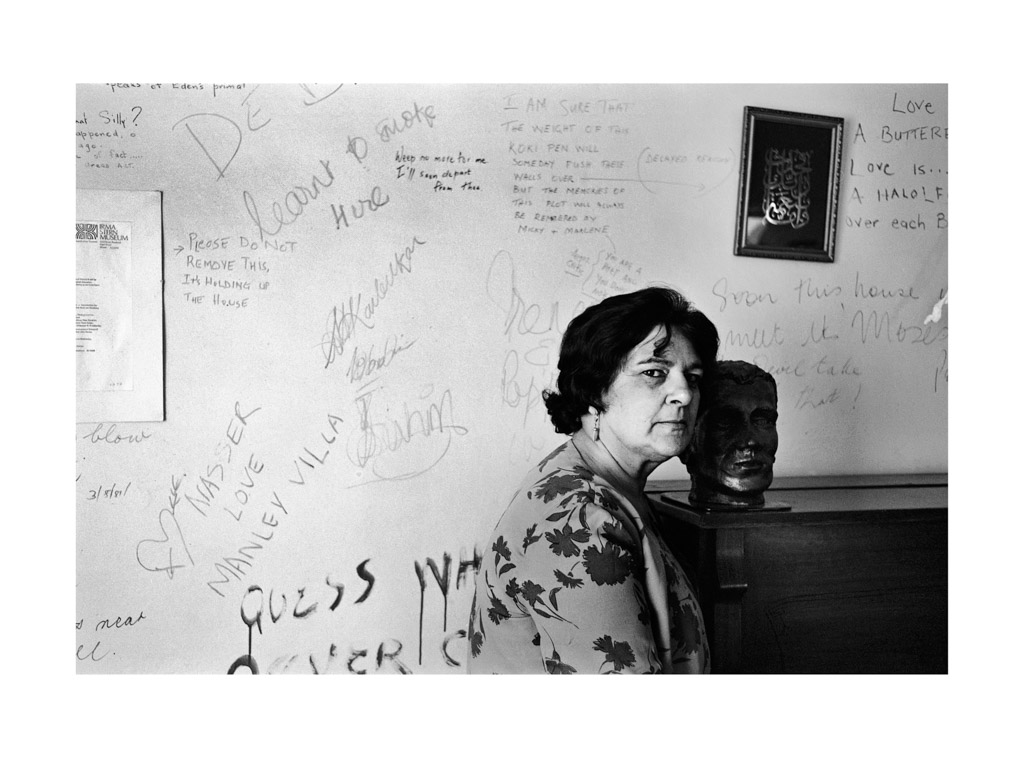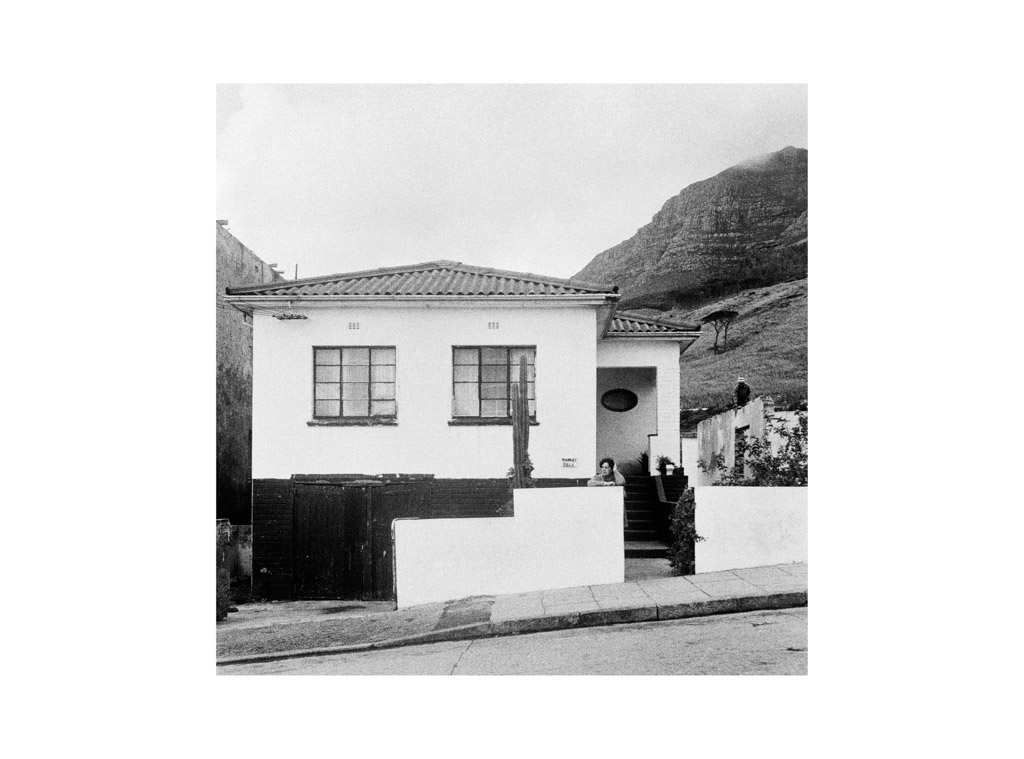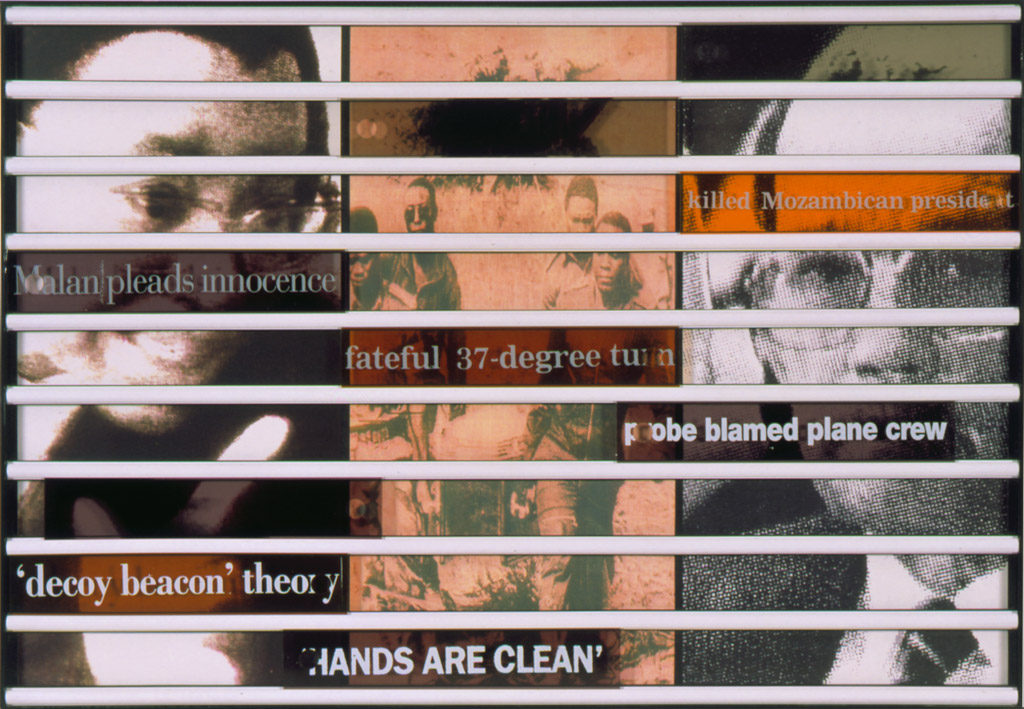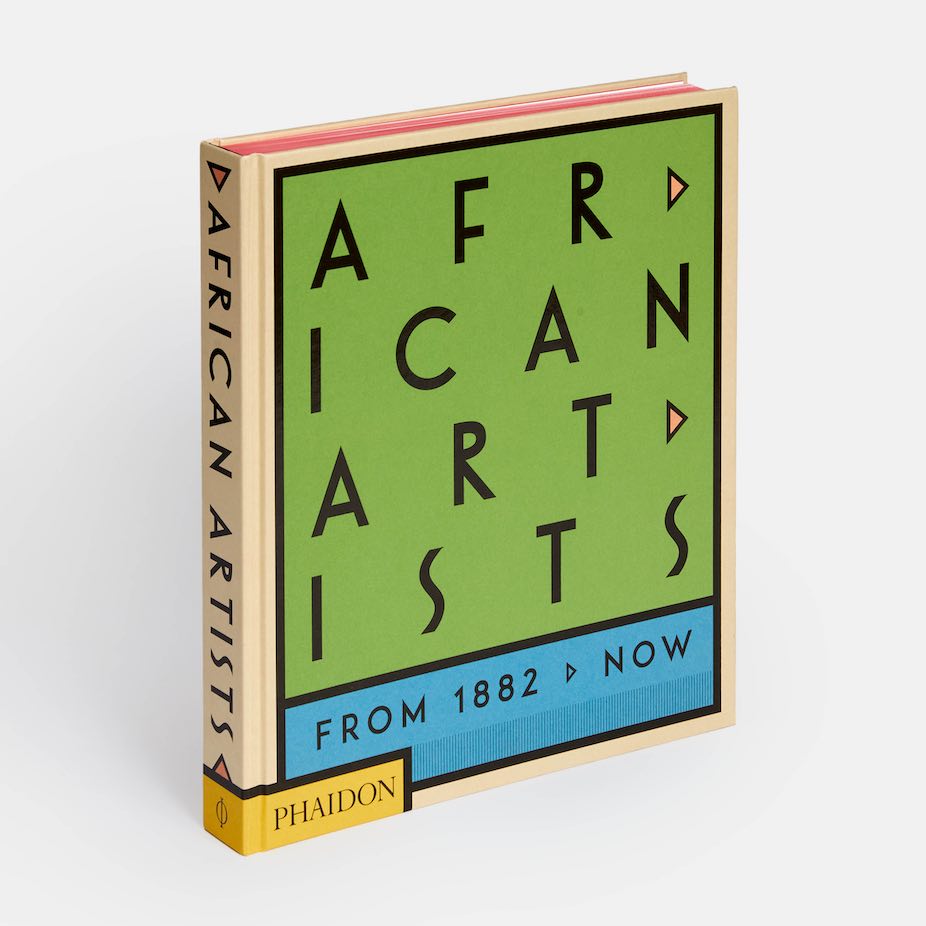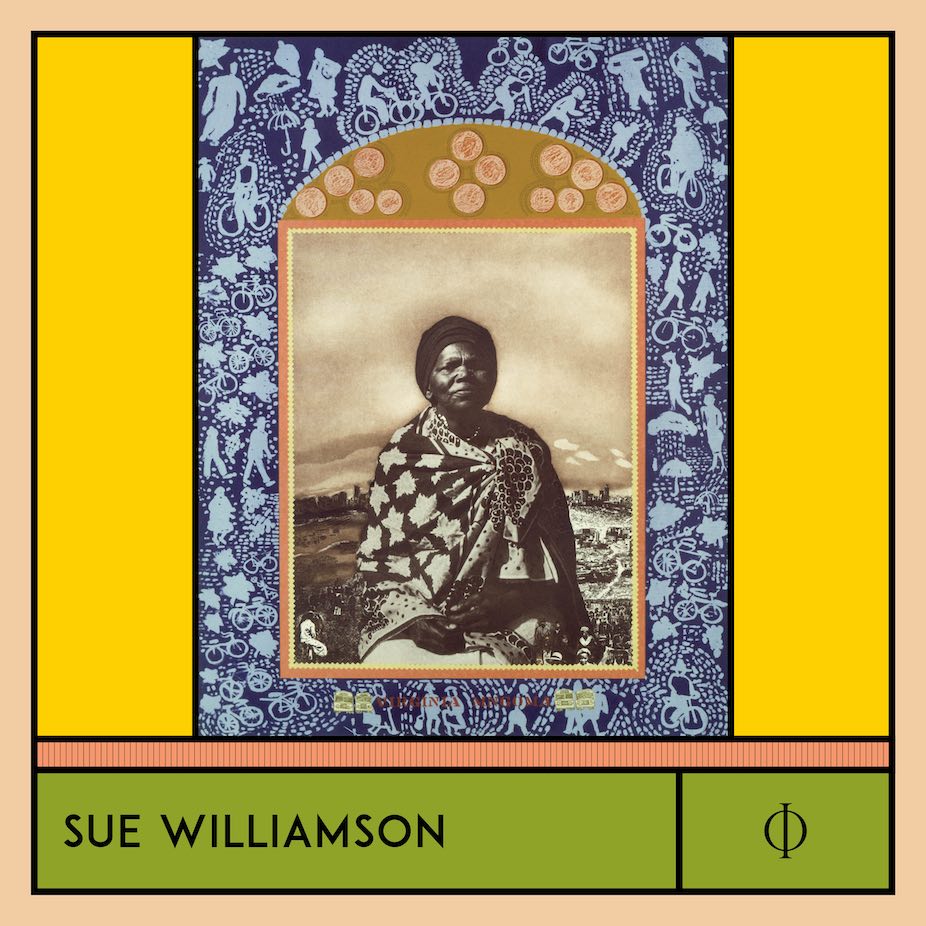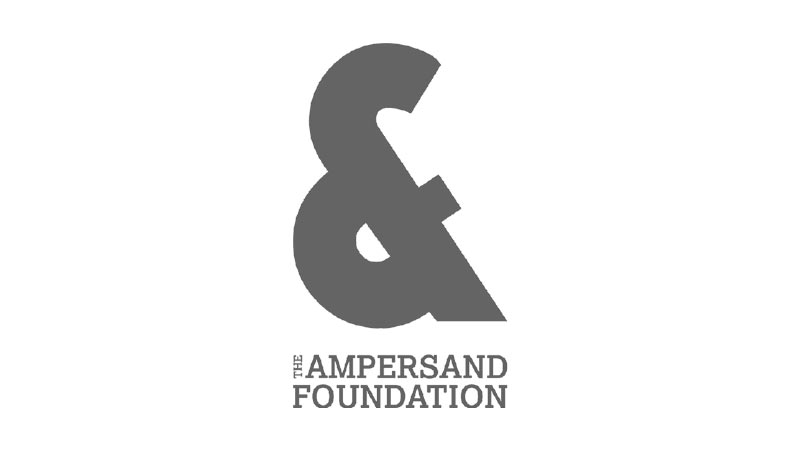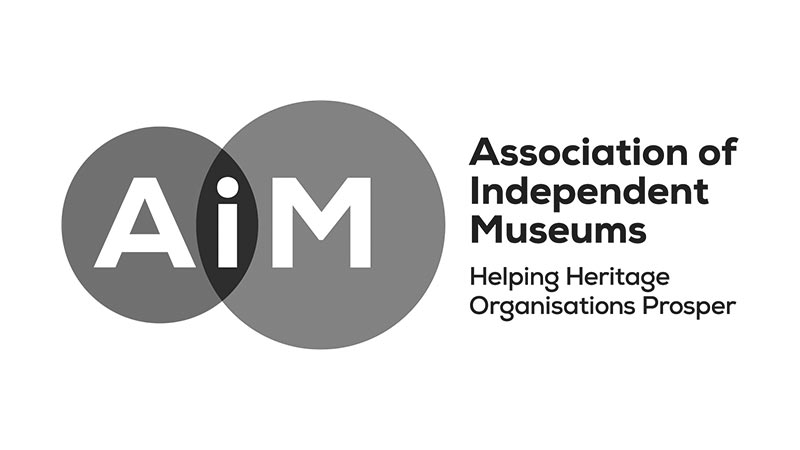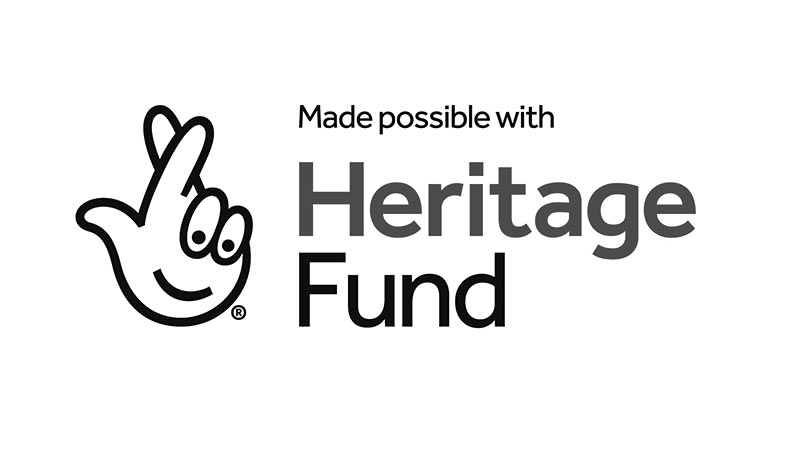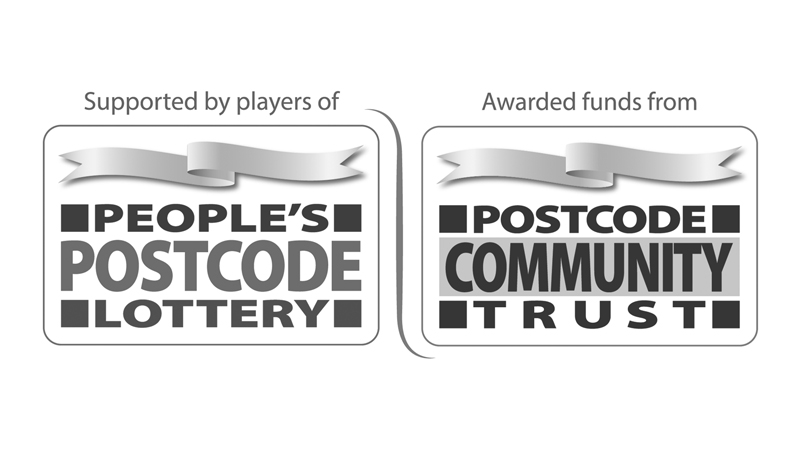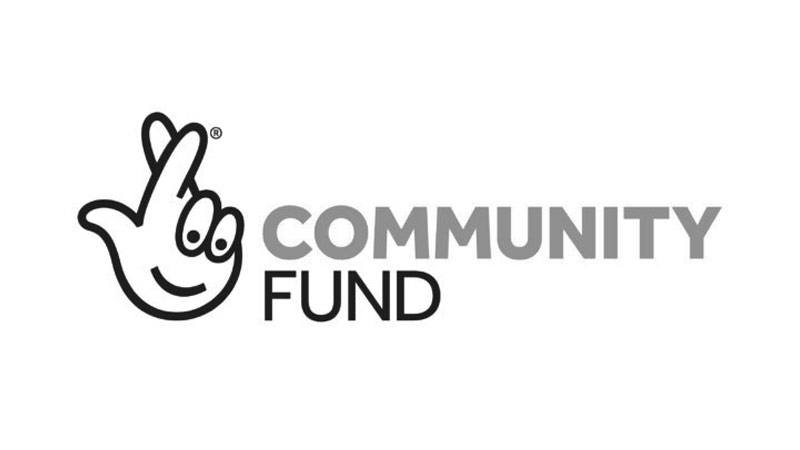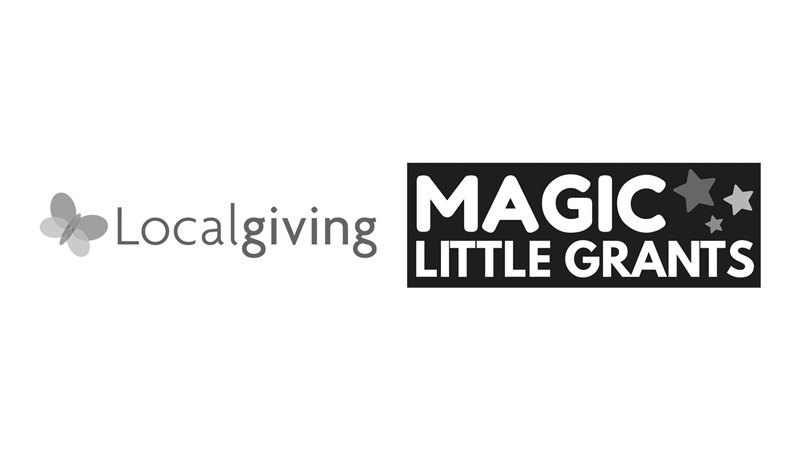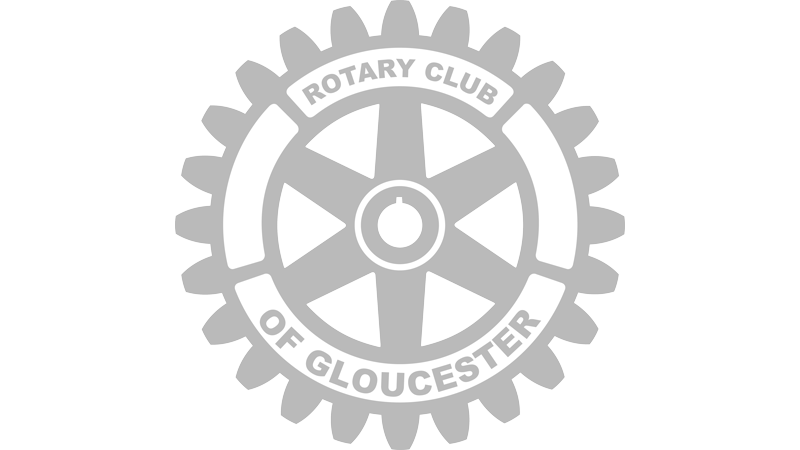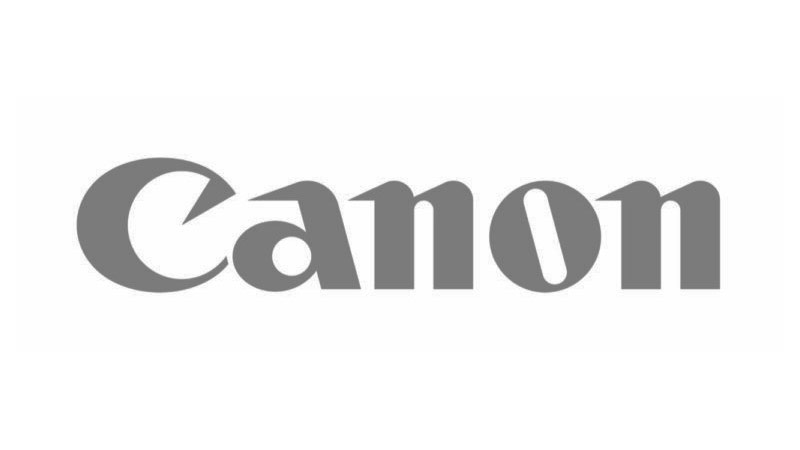Sue Williamson is part of the generation of South African artists and photographers whose work challenged the apartheid government in the 70s and 80s. Her best known work at the time was the series, A Few South Africans, etched and screen-printed portraits of women deeply involved in the struggle for liberation, portraits which were also widely distributed as postcards. Post 1994, Williamson turned her attention to the stories of apartheid atrocities being revealed in the hearings of the Truth and Reconciliation Commission, with such works as Truth Games, and the video series, No More Fairy Tales.
Williamson was born in Lichfield, England in 1941 and immigrated with her family to South Africa when she was seven. Her studio is in Cape Town, and her work engages with themes of human rights, memory, trauma and identity formation. Trained as a printmaker at the Art Students League of New York and the Michaelis School of Fine Art, Cape Town, the artist has worked across a variety of media including photography, video, mixed media installation, and constructed objects.
She has been represented on numerous biennales, and her work is held in many international public collections, such as MoMA New York, the Pompidou Centre Paris, the Hammer Museum, Los Angeles, the National Museum of African Art, Washington and the Tate Modern and Victoria & Albert Museums, London. Her first London solo show, Testimony, was held at the Goodman Gallery in 2021. She is also known for her writing on contemporary African art.


